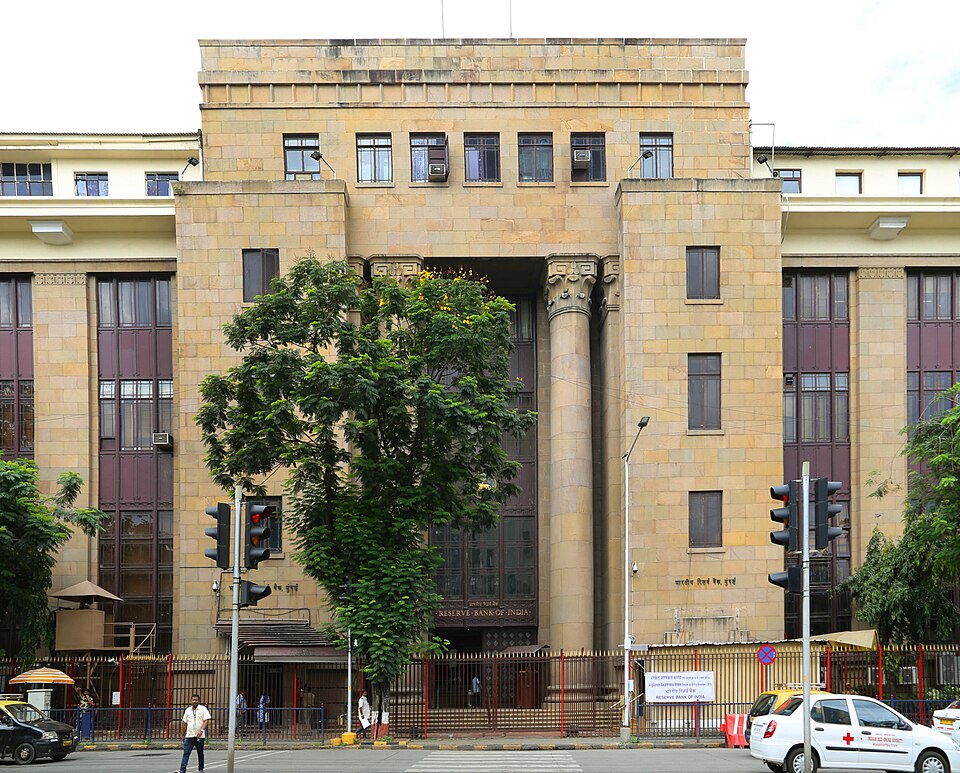
RBI‘s Cautious Stance on Crypto Regulation
The Reserve Bank of India (RBI) is reportedly maintaining a wary stance towards comprehensive crypto regulation, according to recent reports. The primary concern revolves around the potential for regulation to inadvertently legitimize the crypto sector, thereby creating systemic risks within the Indian financial system. This viewpoint, stemming from documents viewed by Reuters, underscores the complexities surrounding the development of crypto-specific legislation in a nation that currently leads in crypto adoption, paradoxically.
Concerns Over Systemic Risk and Legitimacy
The RBI‘s apprehension stems from the belief that effectively containing the risks inherent in cryptocurrencies through regulation is an arduous task. The documents suggest that regulating digital assets could inadvertently grant them a degree of legitimacy, which, in turn, could lead to increased adoption and deeper integration into the financial landscape. This deeper integration is what worries the RBI, as it opens the door to potential systemic risks, should the crypto market experience significant volatility or instability. A complete ban, while potentially addressing the risks associated with speculative crypto assets, wouldn’t effectively manage peer-to-peer transactions or trading on decentralized exchanges, presenting an additional hurdle.
Current Crypto Landscape in India
India currently operates without a comprehensive regulatory framework for cryptocurrencies, but it has implemented certain restrictions. Digital asset gains are taxed at 30%, and foreign crypto exchanges are required to register with local regulators. This regulatory environment has led to a fluctuating presence of global exchanges in the country. Several major exchanges were blocked from operating in India for failing to comply with registration requirements, but some, like Binance and KuCoin, have since returned after securing approvals. These measures, along with AML regulations on local crypto businesses, represent India’s current, albeit cautious, approach.
Contradictions in Adoption and Regulation
Despite the RBI‘s reservations, India remains a global leader in cryptocurrency adoption. The 2025 Geography of Crypto Report from Chainalysis highlights India‘s leading position across various adoption categories. Public figures, including Minister Jayant Chaudhary, have even disclosed personal crypto holdings, further illustrating the growing presence of digital assets within the country. However, industry experts acknowledge a discrepancy between high adoption metrics and actual crypto usage, highlighting a ‘paradoxical crossroads’ within the Indian crypto market, as stated by Mithil Thakore, CEO of Velar.
The Path Ahead
The situation in India presents a complex interplay of regulatory hesitation, enthusiastic adoption, and evolving market dynamics. As the RBI deliberates, the future of crypto regulation remains uncertain, with potential implications for the entire sector. The ultimate direction will likely shape the trajectory of crypto’s integration into the Indian financial system for years to come.



